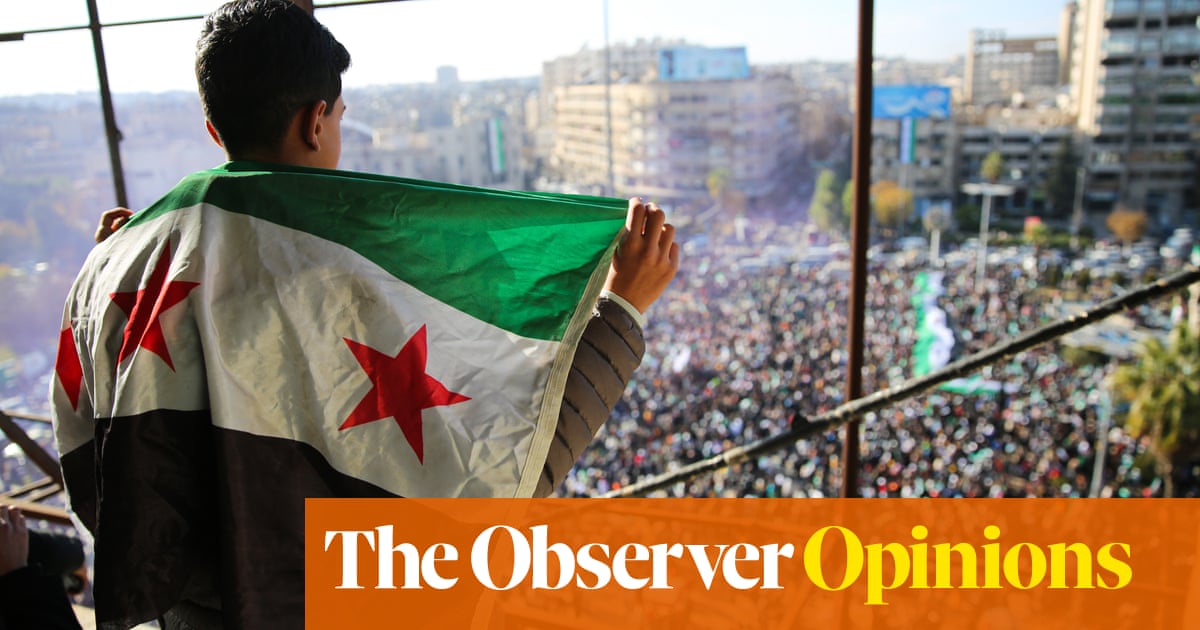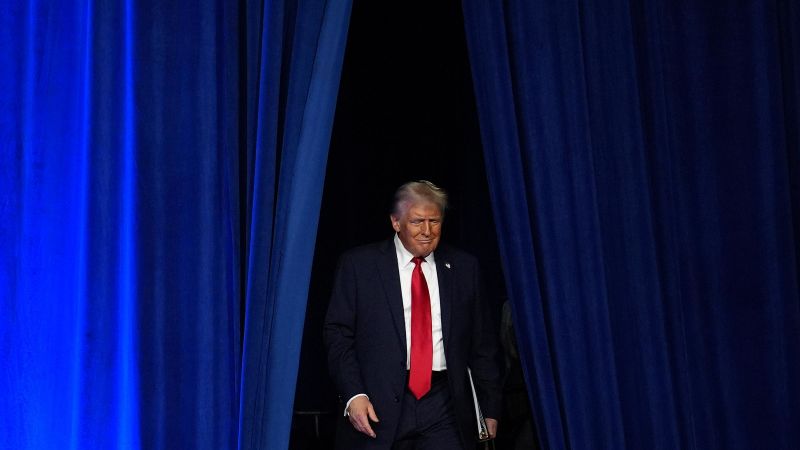World
The world failed to save Syria. Now its people must be free to chart their own path | Simon Tisdall

United in duplicity, if nothing else, Russia, Iran, Turkey and the US – key external players in Syria’s long-running drama – all agreed. The country’s “sovereignty, unity and territorial integrity” must be respected and maintained, each separately declared last week after Bashar al-Assad’s sudden, welcome downfall.
Even Israel, recklessly bombing Syria to blazes in the Jewish state’s largest ever military operation, denied it was interfering in the country’s internal affairs. Such cynicism is breathtaking. Like ravening wolves, supposed friends and neighbours tug at the still twitching corpse of the deposed regime. Unchecked, they could tear Syria apart, again.
Importunate foreign powers also have this in common: they seemingly cannot abide the thought of Syria’s people independently charting their own future. Last week’s revolution – the overdue denouement of a popular revolt begun in 2011 – was ultimately achieved despite them and largely without outside help.
The Islamist group Hayat Tahrir al-Sham (HTS) is not an ideal choice to lead the country. But after 13 years of failing Syria, the international community was not asked for its opinion. Self-serving outside interventions and, in the case of the west, craven cop-outs undercut or helped defeat pro-democracy forces. They lengthened the war.
Russia sought regional influence and military bases. Iran’s militias built supply routes to proxies in Gaza and Lebanon. Turkey went gunning for Kurds. The US and the UK, burned by Iraq, focused on fighting Islamic State terror. Barack Obama jettisoned his 2009 “new beginning” with the Muslim world and, later, his red lines on chemical weapons. “Foreign powers, whose meddling did so much to propel Syria’s long civil war, must avoid repeating the mistake. Few capitals look enthusiastically at Islamists dominant in Damascus, but for now no option exists but to work with the new authorities,” the International Crisis Group (ICG) says.
Untroubled by an enfeebled Assad, Israel mostly confined itself to hitting Iran-linked forces during the civil war. Now, suddenly, it has discerned an existential threat. That at least is how it justifies illegal border land-grabs inside Syria, condemned as destabilising by the UN, and hundreds of attacks on “strategic targets”.
Israel’s prime minister, Benjamin Netanyahu, says he’s worried a hostile HTS may allow Iran back in. “If [HTS] attacks us, we will respond forcefully… What happened to the previous regime will also happen to this regime,” he warned. No surprise that he’s not celebrating. As all the world knows, peace is not Netanyahu’s thing.
Yet by opportunistically attacking an undefended Syria and seizing chunks of territory, he invites the outcome he most wants to avoid: the enmity of Assad’s successors and long-term Israel-Syria hostility. But wait! Maybe he doesn’t want to avoid it. As all the world knows, Netanyahu loves a war.
The idea, attractive to western governments, that Russia and Iran have been permanently repulsed is wishful thinking. The Kremlin is certainly distracted by Ukraine. But precisely because that war is assuming global dimensions, Vladimir Putin will not surrender his strategic eastern Mediterranean air and naval bases if he can avoid it.
Moscow is pursuing a deal with the transitional government, despite having bombed and gassed opposition fighters and civilians for almost 10 years. To steal a march, Putin may offer the recognition and material support that western countries are withholding. Iran’s Shi’ite leadership was stunned to an almost comical degree by Assad’s sudden toppling by Sunni rebels. But Supreme Leader Ayatollah Ali Khamenei, who never learns anything, is not abandoning his “axis of resistance”. If it cannot do so openly, Tehran and its militias will act clandestinely inside and via Syria, including rearming Hezbollah.
Khamenei tacitly blamed Turkey as well as the US and Israel for Assad’s fall, and it’s true Ankara backed HTS’s offensive. But President Recep Tayyip Erdoğan’s motives are deeply selfish. As the Islamists advanced south, Turkish proxies attacked US-backed Kurds along the northern border where Erdoğan, like Netanyahu, is building a buffer zone. He believes Kurds, not HTS, are the terrorists. Fighting continues amid renewed mass civilian displacement across north-east Syria.
It’s plain Turkey wants a bigger chunk of post-Assad Syrian territory – even if that means sabotaging the Kurds’ policing of detention camps housing defeated IS caliphate terrorists. Last week, the US, while insisting that it, too, respects Syrian sovereignty, attacked 75 IS hideouts in the eastern desert.
Donald Trump has threatened in the past to withdraw US forces from Syria. But Marco Rubio, his choice as secretary of state, argues they should stay to prevent a re-emerging terrorist threat.
after newsletter promotion
That is how European governments see it, too. Better blood in the sand in Syria than on the streets of Paris, London or New York. Trump says Syria is “not our fight”. He may yet decide otherwise.
Out-of-control armed groups, score-settling, huge social dislocation, returning refugees, vast unmapped minefields and a wrecked economy pose daunting challenges across Syria. But so far the HTS leadership is making positive noises about a peaceful political transition, new security arrangements, safeguarding chemical weapons and respect for minorities. “Those governments with ties to HTS should urge it to bring as wide a range of voices as possible into government and to tread an inclusive line,” the ICG urged, referring to the Gulf states and Turkey, meeting in Jordan this weekend. Upholding human rights is more important than any quest for supremacy or vengeance.
Humanitarian aid should be offered to Syria unconditionally. Easing sanctions would help. Yet how refreshing it would be if, just for once, a newly liberated people was trusted to chart its own path towards democracy, justice, reconciliation and reconstruction, free from outside interference.
Let Syrians decide what they need, what kind of future they want. Until then, back off, stop meddling – and celebrate their victory.








